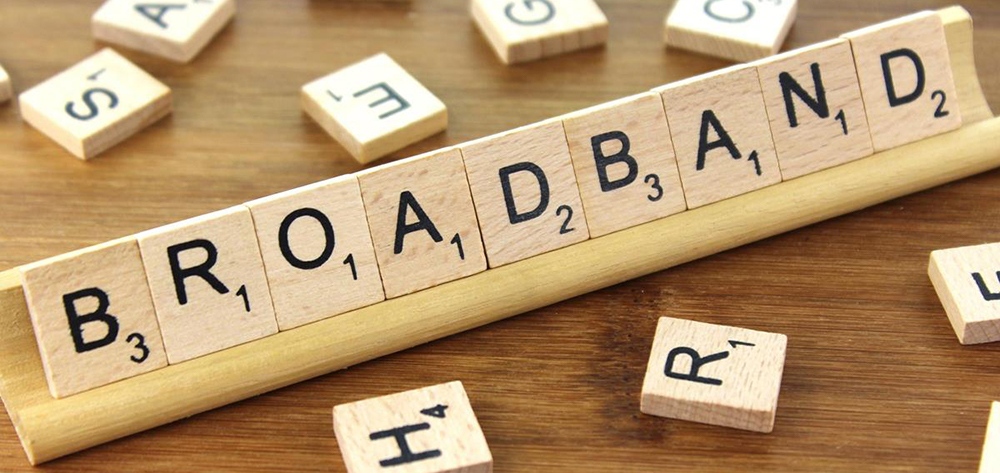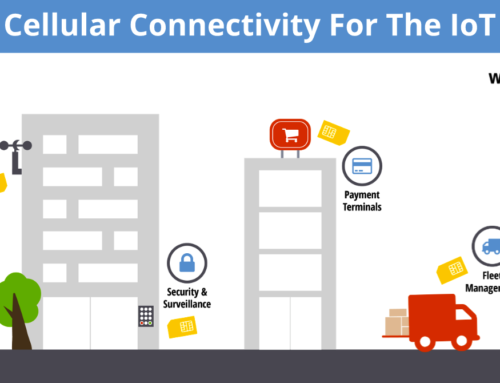Most households now regard broadband speed connectivity as a basic utility, a new survey has found. However , nearly a quarter of homes and businesses in the UK are getting broadband speeds of less than 10Mbps.
According to research by EY, 77 per cent consider broadband a utility comparable to electricity or gas. Figures also showed that 60 per cent of people consider the connection reliability a bigger priority than speed.
Fifty per cent of households described the internet as fundamental to their social lives, compared with 48 per cent in 2016. Meanwhile, 45 per cent said it is vital for working or running a business from home, up from 41 per cent a year earlier.
Interestingly, the proportion of people using mobile devices as their primary means of getting online has risen from 16 per cent to 25 per cent.
Furthermore, 51 per cent said they need to be able to get online when they are on the move, a significant increase from 38 per cent in 2016.
Praveen Shankar, a Partner and Telecoms Sector Leader at EY, commented: “Households are enjoying unprecedented levels of connectivity, transforming their social and home lives as well as their viewing and working habits.
“This is driving major changes in what they consume and how they do so.” However, EY stressed that while technology is changing people’s lives at a rapid pace, many consumers are still not “on the cutting edge”. For instance, the report showed that 31 per cent still use their desktop PC as their primary means of accessing the internet.
However, according to Ofcom data just 24 per cent of people receive speeds that meet the government’s basic standard with a quarter of homes and businesses getting broadband speeds of less than 10Mbps.
The problem was not only in rural areas, but city centres were also found to have especially low speeds, when compared with suburban locations close by. London was identified as one city where this is the case, along with Birmingham, Nottingham, Leeds and Glasgow.
The findings come after the government confirmed that universal high-speed broadband is to be delivered by a regulatory Universal Service Obligation (USO), The decision means that everyone in Britain will have the legal right to request a minimum broadband speed of 10Mbps by 2020.
Grant Shapps, Head of the British Infrastructure Group of MPs, added that the government has “a responsibility to do more to get people on to better broadband speed”.



Leave A Comment
You must be logged in to post a comment.